
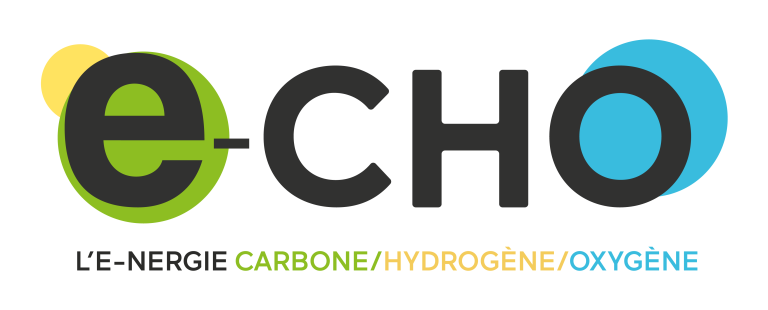
Climate change is reaching “an unprecedented pace.”
We are all witnessing it through the multiplication of heat records and the intensification of extreme weather events. To limit its effects and build a sustainable future, the path is as simple to state as it is difficult to follow: we must decarbonize the economy, move away from fossil fuels, and we must do it now.
Like heating and electricity, transportation and industry must be decarbonized. This is the goal of the E-CHO project: to provide sustainable solutions tailored to the needs of maritime transport, aviation, and the chemical industry.
The solution lies in sustainable fuels.
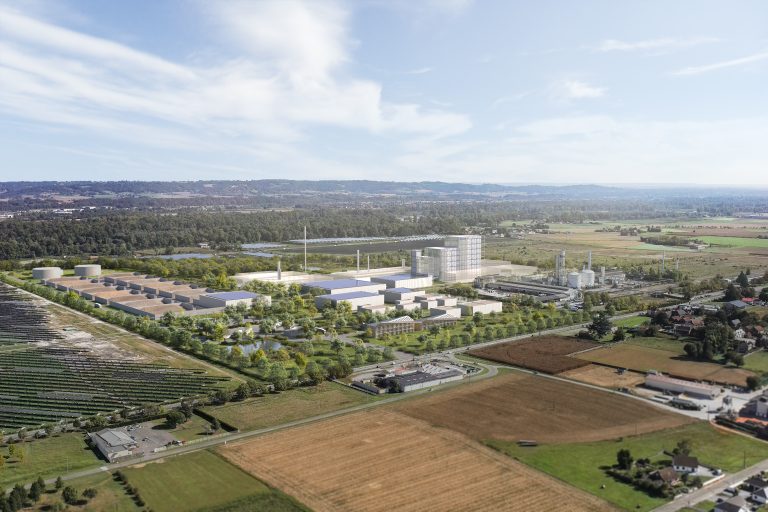
Sustainable fuels are produced from hydrogen and carbon, following a circular economy approach. Hydrogen is generated using electricity, whether renewable or nuclear, through the electrolysis of water. Carbon, on the other hand, is reused after being captured by plants or recovered from industrial emissions. The hydrogen and carbon are then combined to create the desired fuel.
The result: a fuel with a carbon footprint reduced by at least 70% over its entire lifecycle compared to fossil fuels, and one that can be used immediately without requiring engine modifications or the construction of specific infrastructure.
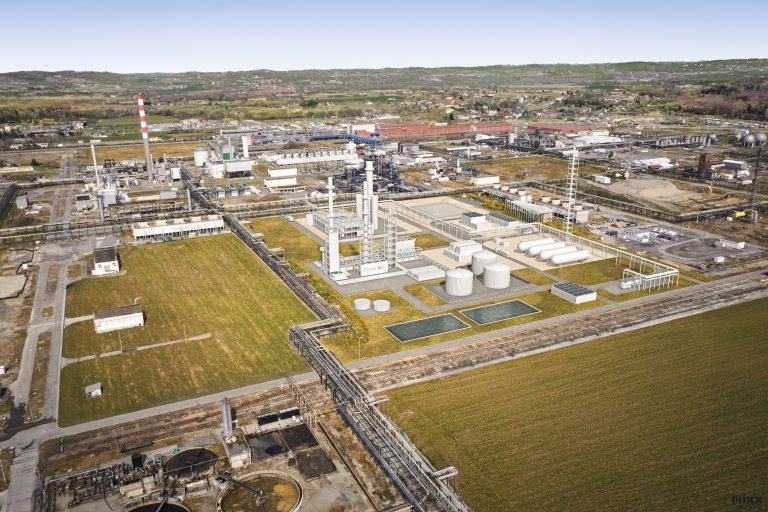
Launched in 2022, the E-CHO project is one of the most ambitious decarbonization initiatives in Europe.
With a planned production of 200,000 tons of e-methanol for maritime transport and industry, 82,000 tons of sustainable aviation fuels, and 28,000 tons of naphtha, the project will replace 211,000 tons of fossil fuel equivalents, currently imported and non-renewable.
E-CHO is composed of two main facilities: eM-Lacq, for the production of e-methanol, and BioTJet, dedicated to producing e-bio-kerosene. Both are located in the heart of the Lacq industrial hub.
The project will reduce carbon emissions by 662,000 tons annually—the equivalent of the emissions from 370,000 cars—while contributing to French and European energy sovereignty.
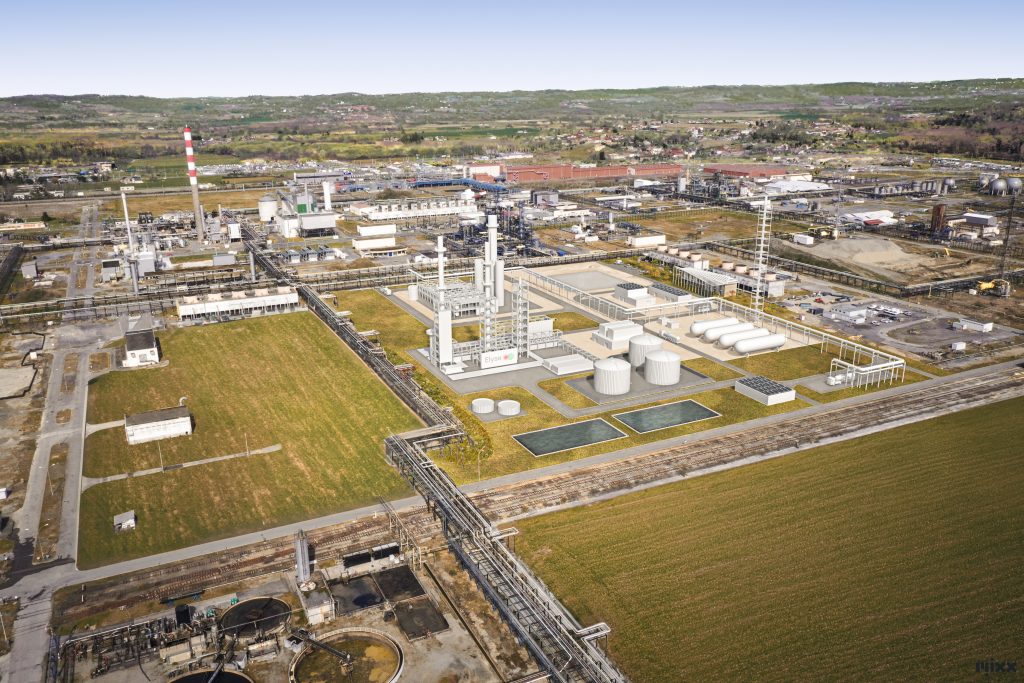
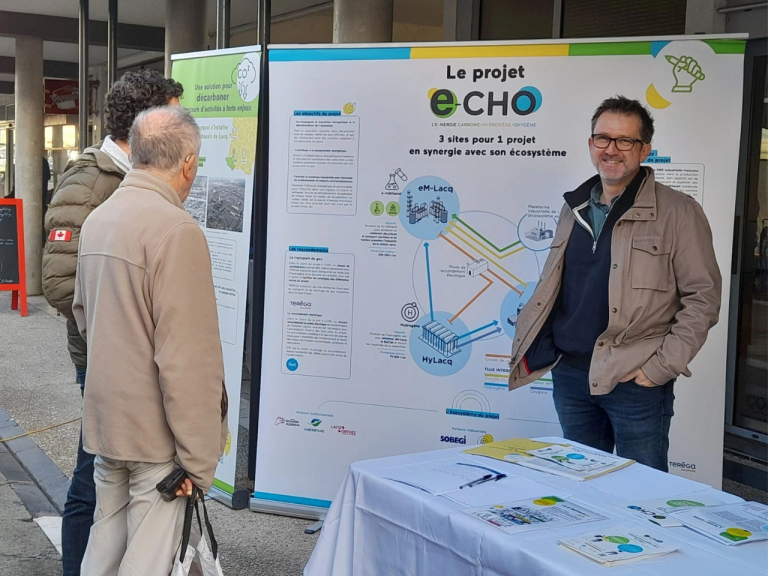
In one of the cradles of European aviation—marked by the Wright brothers’ first flight in France—the E-CHO project contributes to the development of a center of excellence for sustainable fuels.
Much like the battery valley for electric vehicles in the Hauts-de-France region, the project aims to act as a catalyst for the aerospace and space industries, which bring together nearly 2,000 companies and 150,000 jobs in Southwest France.
To achieve this, the project is rooted in a region with a unique industrial history in France: the exploitation of natural gas in Lacq. This territory has successfully embarked on its energy transition, a process to which the E-CHO project is fully committed.
Elyse Energy is already working to support this effort by organizing employment hubs in partnership with CHEMPARC, the Pau Béarn Chamber of Commerce and Industry, and the Lacq+ association, offering exclusive opportunities for the region’s youth.
The project also supports initiatives such as the rehabilitation of the railway network, the capture of CO₂ emissions from industrial sites, and the development of a genuine circular carbon economy in agriculture, waste management, and forestry.
